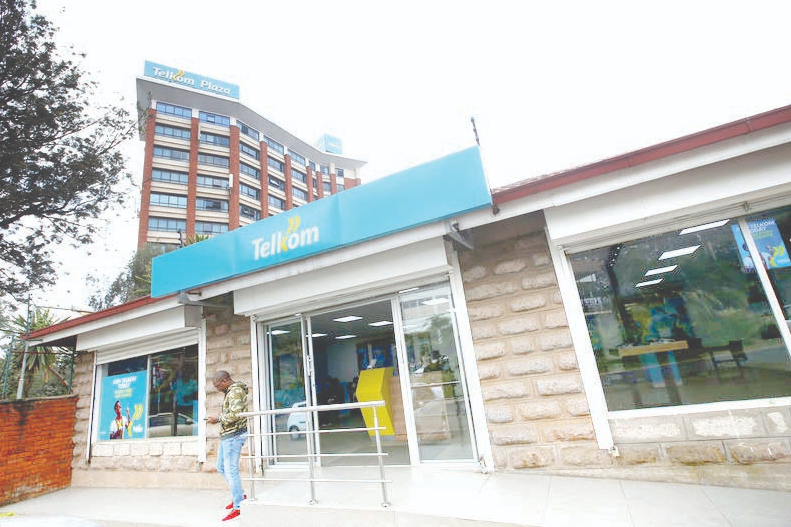Masengeli dismisses lockdown, says everyone is getting into Nairobi CBD

As the country braces for potentially turbulent Saba Saba Day commemorations on Monday, Deputy Inspector General (DIG) of the Administration Police Service (APS) Gilbert Masengeli has defended the heavy deployment of security forces across the capital and insisted that access to the Nairobi Central Business District (CBD) remains open to all.
In a tense exchange with journalists on Monday morning, July 7, 2025, Masengeli dismissed reports of restrictions despite widespread observations of roadblocks and citizens being turned away from the city centre.
“Everybody is getting into the CBD, everybody is going for duty as normal—no worries,” Masengeli said when pressed about the criteria for accessing the CBD amid the increased security presence.
Journalists on site challenged the claim.
“That is not true. We have seen people being turned away and several roadblocks,” one reporter countered.
Masengeli, maintaining a calm demeanour, pushed back.
“What have you seen?” he asked, before adding, “But you’ve been here—you’ve not been turned away, and you will not be turned away. Ours is just to urge everybody to keep peace and confine within the rule of law.”
Despite Masengeli’s assurances, the reality on the ground painted a different picture.
City under siege?
A spot check by K24 Digital confirmed that major roads leading into the CBD were being manned by armed police, with barricades mounted and vehicles stopped and searched.
Wayaki Way, a key artery from Westlands into the city, was heavily guarded.
Officers stationed at Valley Road inspected even private vehicles.
At the Thika Superhighway, a roadblock at Roysambu backed up traffic, while further south along Ngong Road, another checkpoint was mounted at City Mortuary.
The crackdown extended to pedestrians, with reports of people being questioned or turned away.
Other monitored access points included Ladhies Road, Haile Selassie Avenue, Kenyatta Avenue, and Uhuru Highway—effectively tightening a ring around the city centre.
Saba Saba
Monday, July 7, 2025, marks the 35th anniversary of the 1990 Saba Saba protests, a pivotal date in Kenya’s pro-democracy history that led to the end of one-party rule.
While it has become a symbol of democratic resilience, this year’s commemoration arrives at a moment of heightened political tension and renewed street action.
Recent Gen Z–led protests, especially the June 25, 2025, demonstrations commemorating lives lost in last year’s anti-Finance Bill movement, have drawn massive turnouts and, at times, been marred by violence, looting, and allegations of police brutality.
In light of this, the National Police Service has warned that while peaceful assembly is a constitutional right, unlawful conduct will not be tolerated.
Still, human rights observers and civil society organisations have raised concerns about the militarisation of civic spaces and what they see as a pre-emptive clampdown on public dissent.
Working day or not?
The government earlier declared that July 7 would remain a normal working day, but the unusually quiet roads and increased security deployment told a different story.
Businesses within the CBD have reported lower foot traffic, and public service vehicles, especially matatus, have been restricted from entering key parts of the city.
As Saba Saba Day dawns, all eyes remain on how the government balances security concerns with constitutional rights to protest.
Masengeli’s comments may aim to reassure the public, but for many Nairobians caught between roadblocks and riot gear, Monday may feel anything but normal.














